FibroScan’s utilization of transient elastography represents a significant advancement in liver health diagnostics, providing a safer, faster, and more comfortable alternative to traditional methods. FibroScan operates on the principle of transient elastography, a cutting-edge technology designed to measure liver stiffness and estimate the degree of fibrosis and steatosis. Here’s a breakdown of how it works:
FibroScan begins by generating a painless, low-frequency ultrasound pulse. This pulse is emitted from the probe placed on the skin surface over the liver.

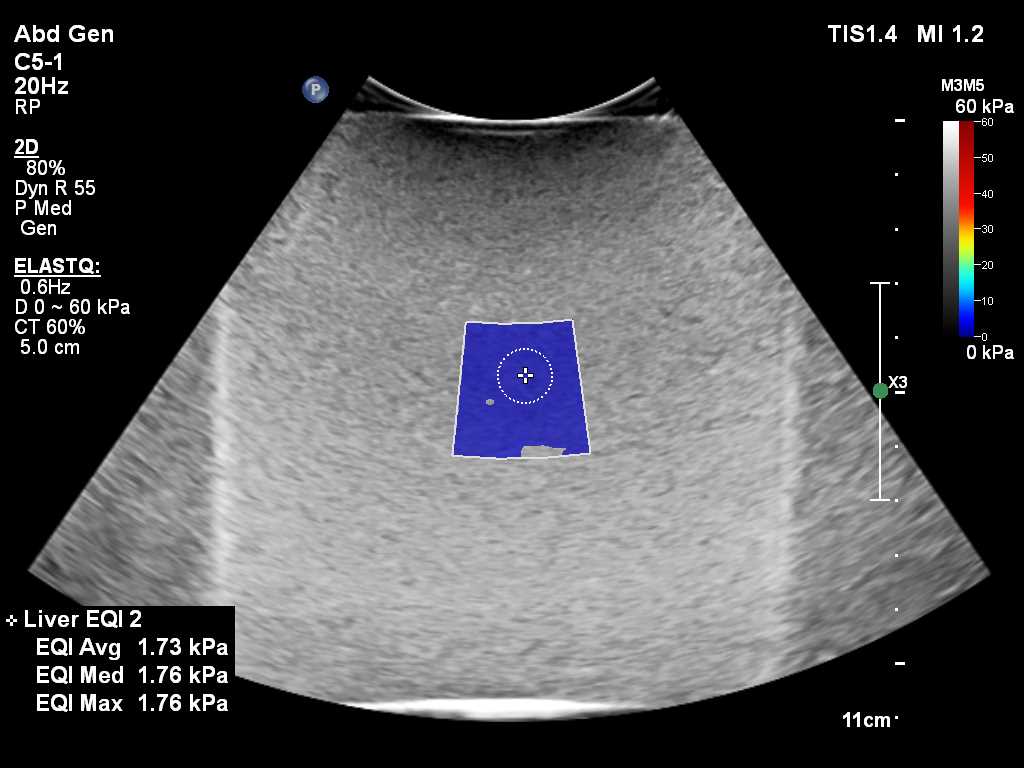
As the ultrasound pulse penetrates the liver tissue, it creates a shear wave that travels through the liver. The speed of this shear wave is influenced by the stiffness of the liver tissue.
An array of sensors within the FibroScan probe measures the velocity of the shear wave as it moves through the liver. In stiffer liver tissues, the shear wave travels faster, whereas it moves more slowly in softer, healthier tissues.
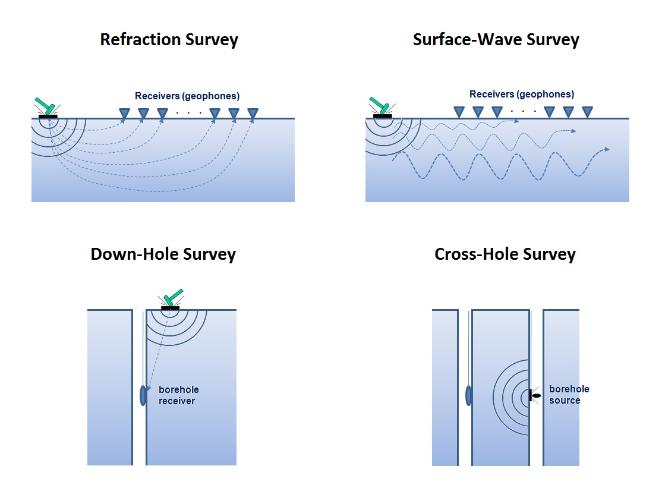
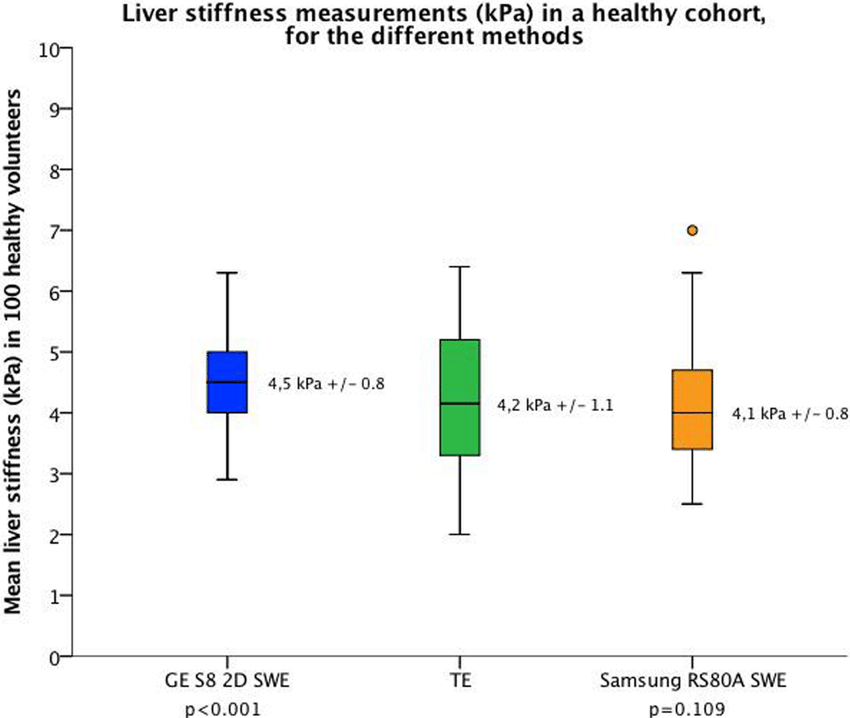
FibroScan calculates liver stiffness (measured in kilopascals, kPa) based on the speed of the shear wave. This measurement correlates with the degree of fibrosis: higher stiffness values indicate more advanced fibrosis.
In addition to measuring liver stiffness, FibroScan can assess liver steatosis (fat accumulation) using Controlled Attenuation Parameter (CAP) technology. CAP measures the attenuation of ultrasound signals as they pass through fatty liver tissue, providing a quantitative estimate of fat content.
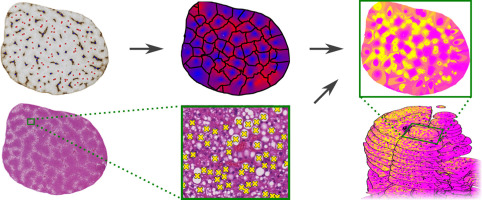
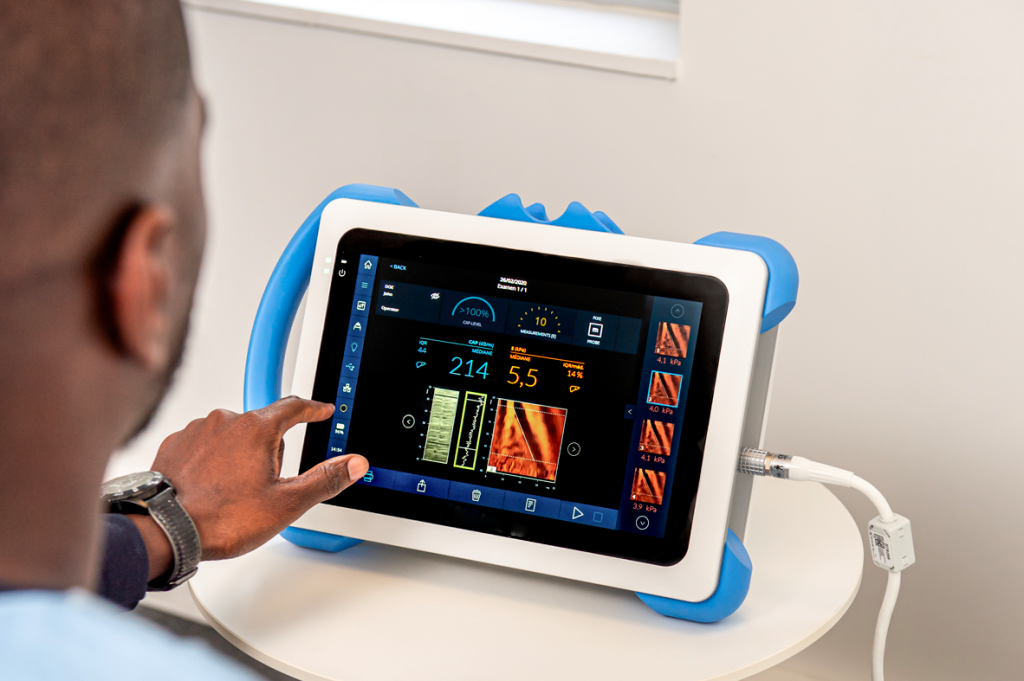
FibroScan is preferred for liver assessment because it offers a non-invasive, quick, and painless alternative to traditional liver biopsy, providing immediate and accurate measurements of liver stiffness. This technology facilitates frequent monitoring of liver disease progression and treatment response, making it ideal for managing chronic liver conditions such as hepatitis B and C, non-alcoholic fatty liver disease, and alcoholic liver disease.
FibroScan is a non-invasive medical device that measures liver stiffness to assess liver fibrosis and cirrhosis quickly and painlessly.
WhatsApp us